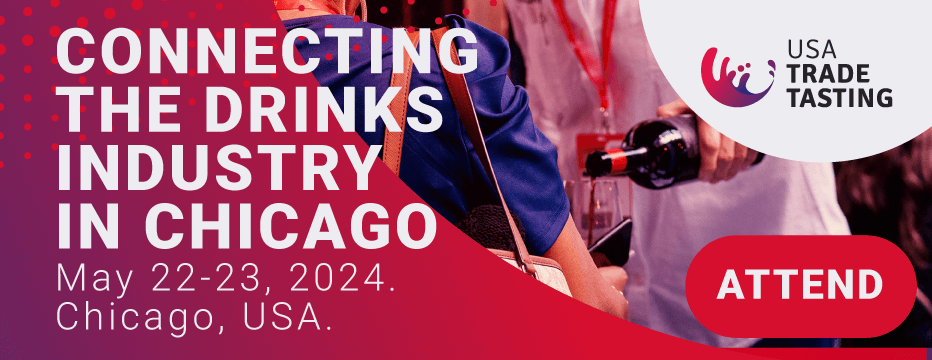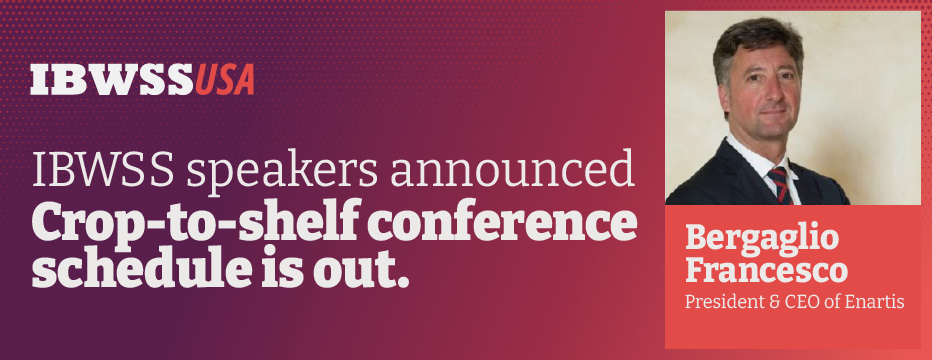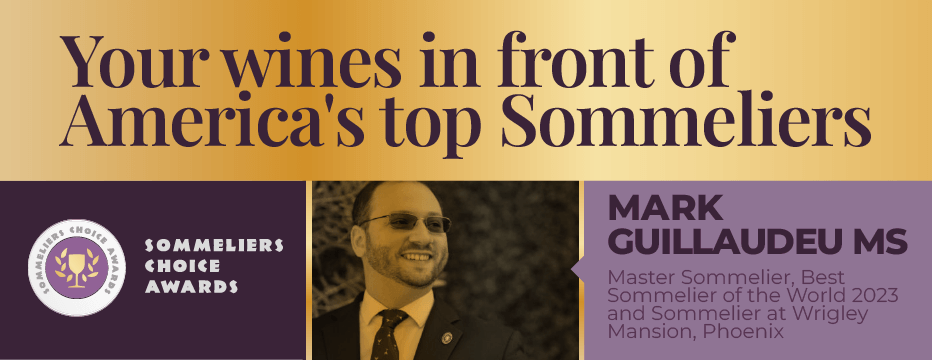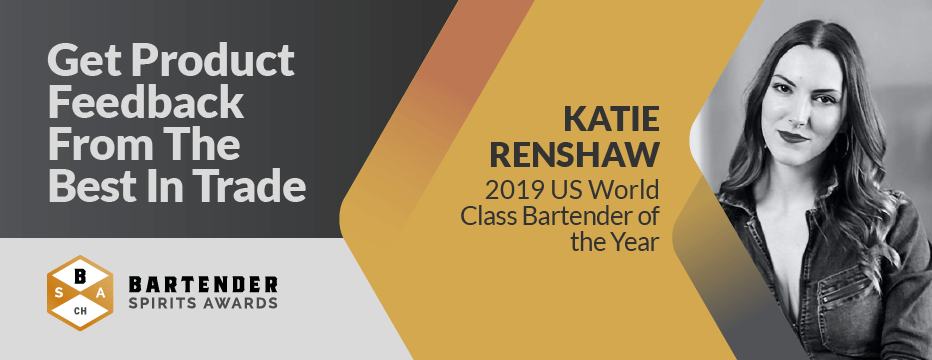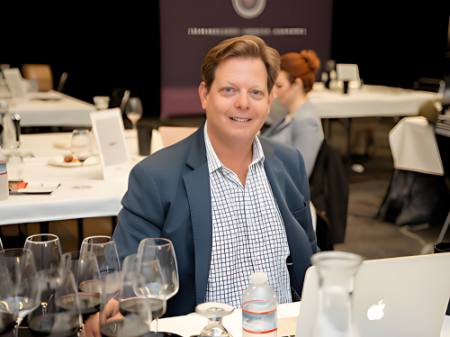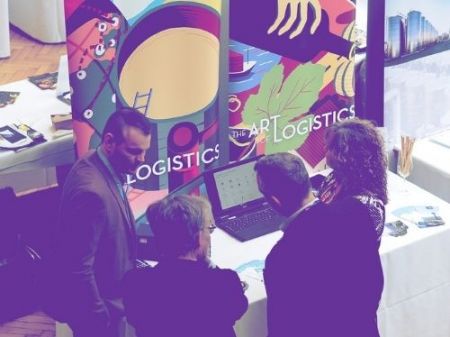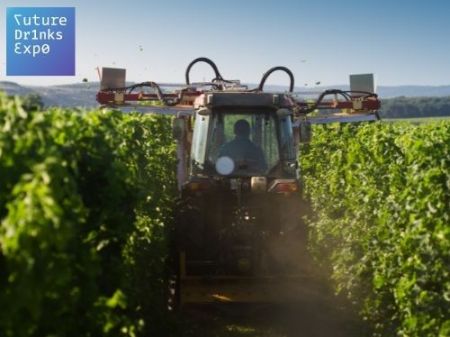Sommeliers Choice Awards 2023 Winners
The Road to 100% Brexit-Proof Whisky Runs Through Shanghai
Scotch invested its way through the global financial crisis. Now distillers plan to invest their way through Brexit
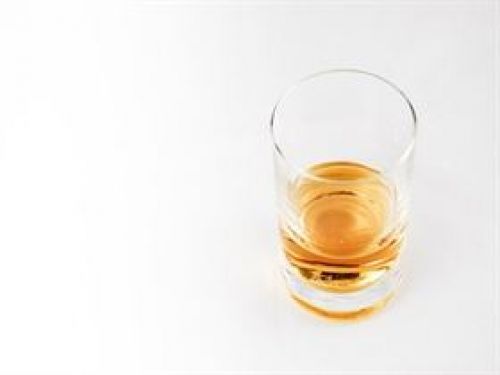
It's not just the pagoda roof turret that gives the Annandale Distillery in Scotland an Asian feel.
On the stone buildings, pointing the way to everything from the copper stills producing Scotch whisky to the toilets and gift store, signs are in three languages: English, Scottish Gaelic and Mandarin.
“It’s got to work in Shanghai,” said Annandale co-owner David Thomson, 62, reflecting on markets that have taken on new significance for exporters since Britain voted to leave the European Union.
Scotch whisky makers like Thomson opposed Brexit, though you’d think the industry would be exactly the kind that might relish the opportunities described by the U.K. government from custom-fit trade agreements. Ninety percent of the spirit gets sent abroad, worth £3.9 billion ($4.8 billion) in 2015, and tariff-free sales are already protected throughout Europe by the World Trade Organization.
But distillers — whose livelihoods depend on making sure people around the world know what to expect when they open a bottle — really hate change. They have to plan far in advance: true Scotch is required to be aged for a minimum of three years in barrels in Scotland.
“I can’t think of a single member who thought we’d be better off out,” said Julie Hesketh-Laird, acting chief of the Scotch Whisky Association. “We’re now looking to see where the opportunities are and minimize the risks.”
The referendum took place during a blitz of investment and expansion in the Scotch industry in recent years. Annandale is one of at least 40 distilleries in some stage of adding their names to the whisky world, the most potential arrivals for at least half a century.
Thomson and his wife, Teresa Church, spotted the dormant Annandale way back in 2006. They spent about £12 million getting the place ready to make whisky for the first time in nearly 100 years.
Annandale started producing the result of mixing water with milled malted barley weeks after another referendum in the U.K., when Scots narrowly voted against independence in September 2014.
Read more at source: Bloomberg

